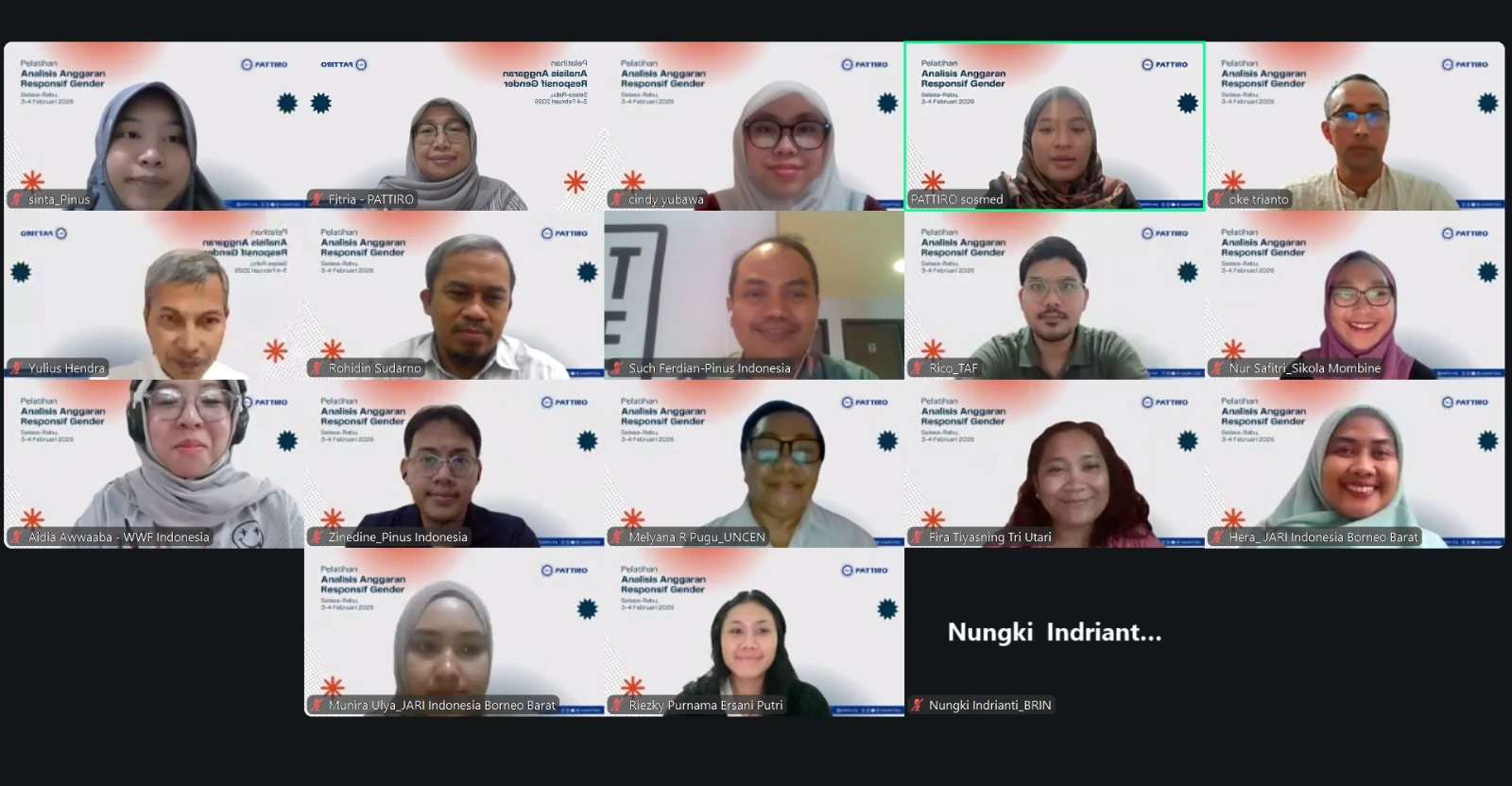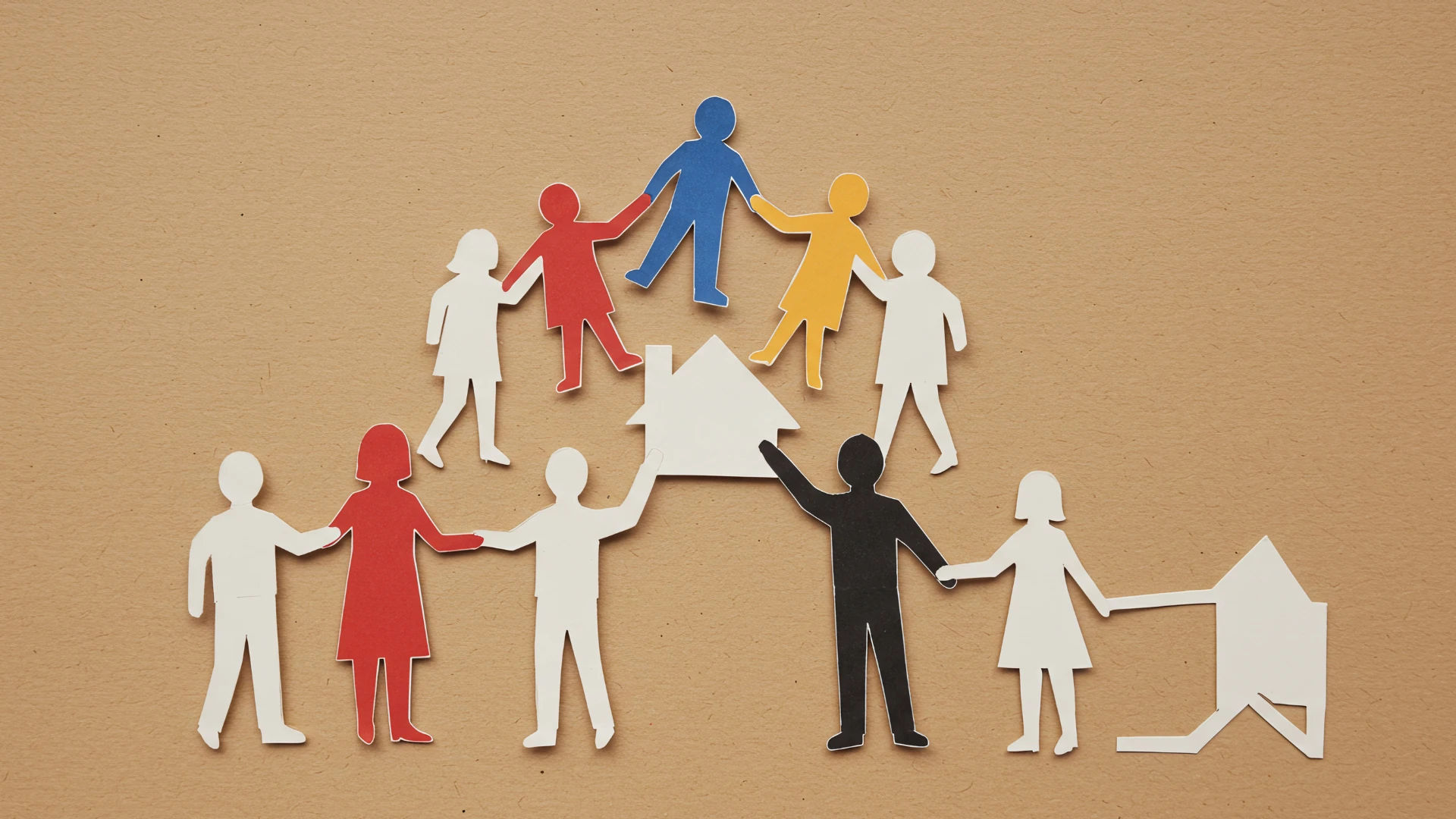![]() Contributors: Nurjanah and Fitria
Contributors: Nurjanah and Fitria
Motivated by the desire to document good practices that have been carried out in many areas regarding disability data collection and disability-friendly public services, PATTIRO conducted a study of disability-friendly public service practices and disability data collection that have been carried out by Care Program Partners and CSOs in 5 districts/cities in 4 provinces, namely Central Java Province (Sukoharjo), Yogyakarta Special Region Province (Kulon Progo), NTB Province (West Lombok), South Sulawesi Province (Bone), East Nusa Tenggara Province (West Sumba), and South Kalimantan Province (Banjarmasin). They have carried out many good practices in public service policies and data collection on persons with disabilities, such as the publication of Village Regulations on Inclusive Villages, Regent’s Decrees regarding disabilities, Regent’s Regulations on Inclusive Education and Health, involvement of disabilities in regional development planning, data collection on persons with disabilities and other good practices .
Novita Anggraeni, PATTIRO Program Manager explained, this good practice is very important to be promoted, especially at the national level so that it can be accommodated in higher policies and/or regulations.
“Even though the issue of disability data collection and disability-friendly public services has often been heard, to date this problem is often a topic of discussion that still requires further solutions, especially at the national level, so that the good efforts and innovations that have been made in many regions can be further expanded. to other areas,” said Novita, which was conveyed during a Focused Discussion on the Results of the Study of Disability-Friendly Public Services and the Study of Disability Data Collection in Jakarta in January 2018.
Regarding disability data collection, Novita further explained that one of the basic obstacles in efforts to fulfill disability rights is the lack of comprehensive and updated data on both the name and type of disability.
“The absence of comprehensive data has an impact on the fulfillment of disability rights in having population data, educational documents and disability cards as regulated in article 22 of Law no. 8 of 2018 concerning people with disabilities,” said Novita.
According to Novita, participatory data collection will work if people with disabilities are involved, and all parties can help carry out disability data collection. “Disability data collection needs to involve all parties, including people with disabilities, as well as policy and budget support from central and regional governments. “This data can help the government in planning policies, assistance and facilitation in realizing inclusive development,” stressed Novita.
Responding to this, Ade from The Asia Foundation said that the issue of the capacity of village officials is a separate problem in disability data collection. “The issue of the capacity of village officials to collect general and specific disability data is still a challenge in the region. “In collecting data on residents in villages, the Village Government does not yet have data on residents with disabilities. If we had valid data in the village, it would certainly be very useful,” said Ade.
Fajri from PSHK said that one of the challenges of disability data collection is the data collection instrument itself. According to Fajri, there needs to be a common understanding from stakeholders regarding data collection.
“Talking about disability data collection is talking about disability as a whole, not just data collection for those who receive PMKS assistance. “The mandate given to the Ministry of Social Affairs is very large, not only limited to PMKS, data collection will be valid if it reaches many parties,” stressed Fajri.
Meanwhile, from the results of the disability data collection study conducted by PATTIRO, Novita submitted recommendations that will be submitted to the Central Government. “Among the recommendations that we will convey regarding disability data collection are, among others, the need to build a disability data baseline at the national level, the need to build similarities in perception and meaning of disability between sectors, for example the definition of disability in the health, education and population data sectors, population administration and civil registration, and it is necessary to think about a mechanism for updating data at an affordable cost,” said Novita.
PATTIRO appreciates the work of Care Program Partners and CSOs who have made efforts to collect disability data and efforts to improve disability-friendly public services. “We convey our appreciation to care program partners and CSOs who have implemented good practices in disability data collection, and we hope that both central and regional governments can increase efforts to collect disability data so that inclusive development can be realized,” added Novita.




